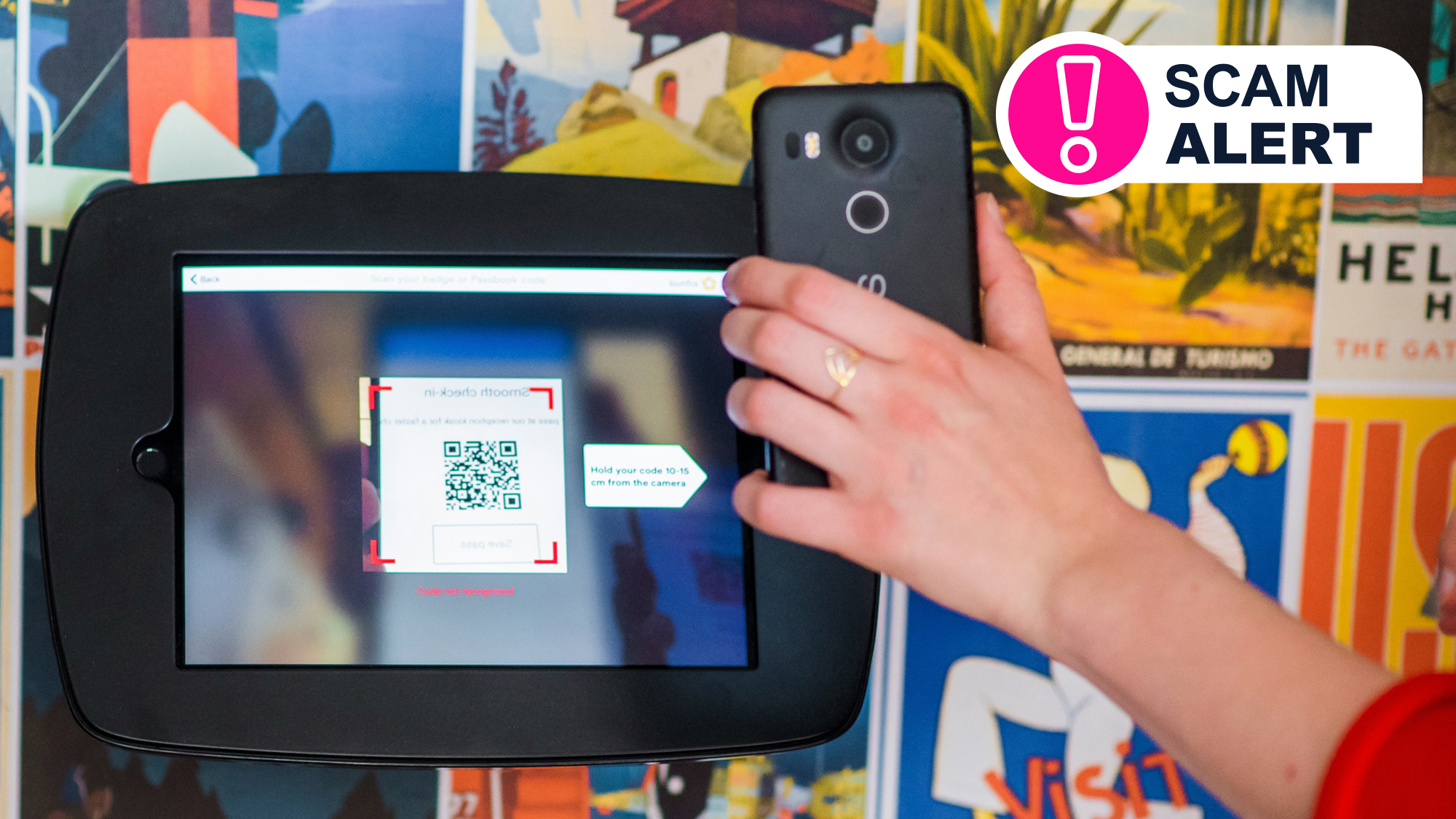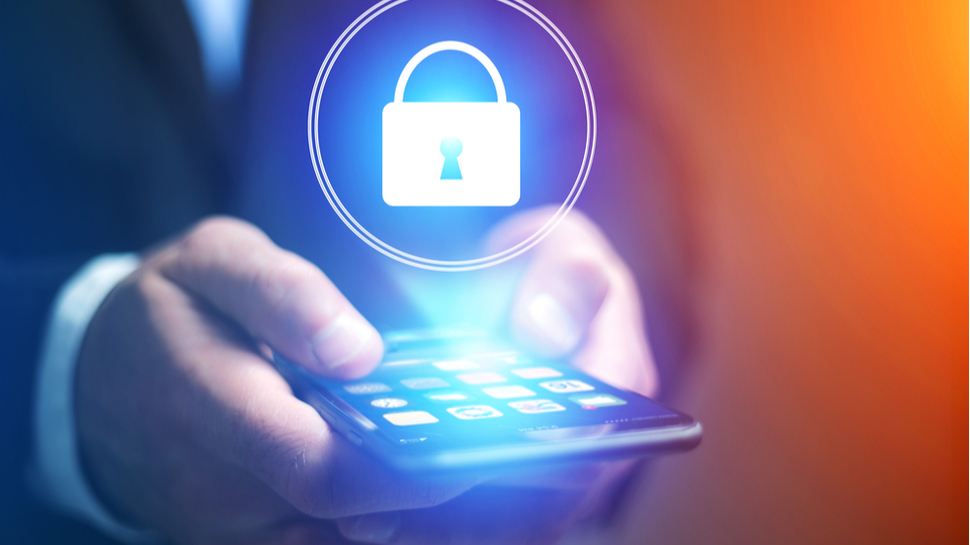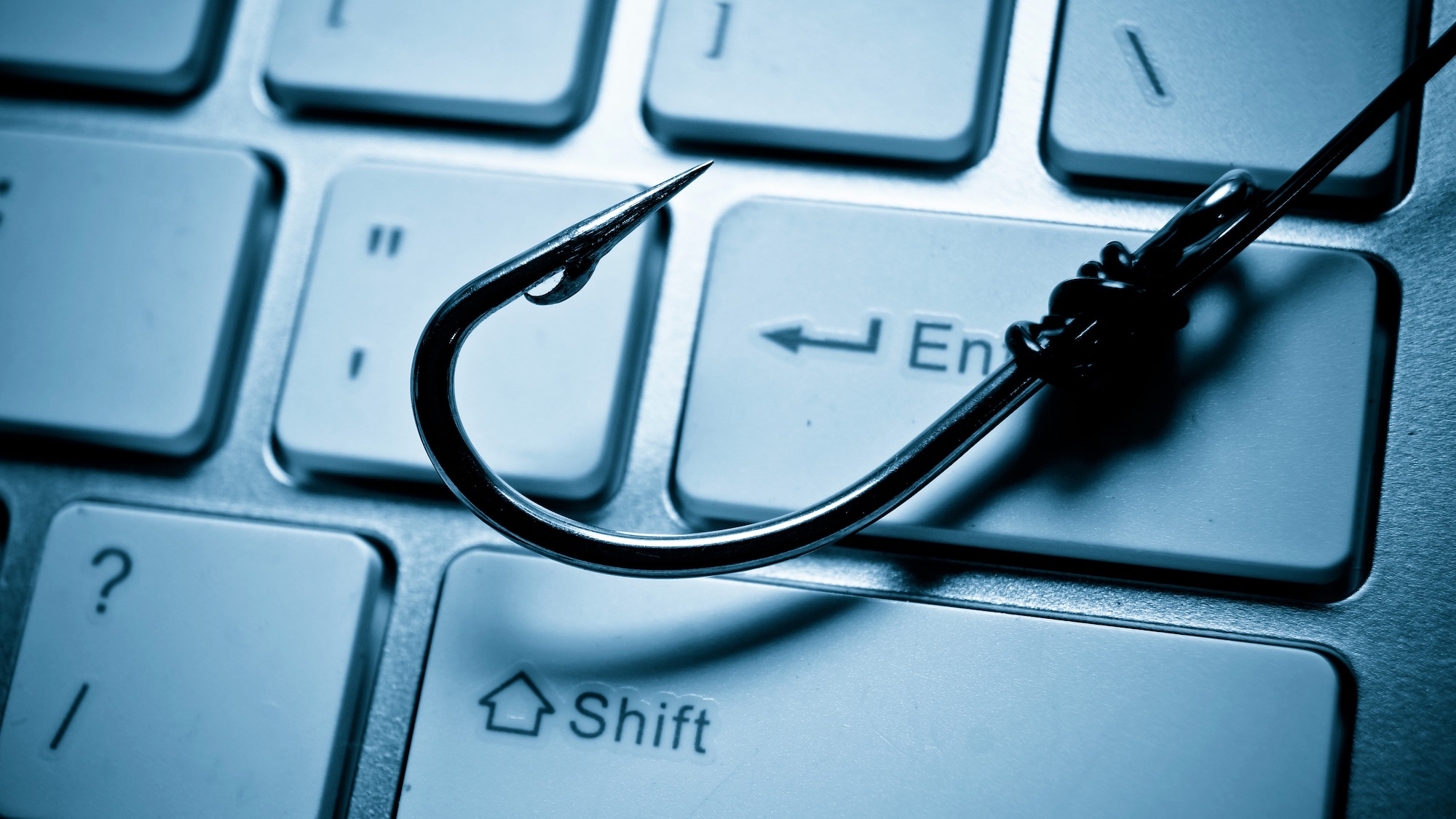Digital Wallet Phishing Has Officially Won: MFA Is Dead and Your Money Is Gone
Hello everyone, and gather round for this week’s episode of “Why the Internet Can’t Have Nice Things.” Today’s special: cybercriminals in 2024 have not only leveled up, they’ve practically prestige’d their way into a whole new class of fraud. Forget the good old days when phishing was just a badly-written email from a Nigerian prince with the grammar skills of a concussed pigeon. No, what we’re talking about here is industrial-scale, mobile-optimized, MFA-bypassing, real-time theft with all the subtlety of a stealth assassin and all the efficiency of a speedrunner exploiting a frame-perfect glitch.
The Problem: MFA Is Dead, Long Live MFA
Multi-factor authentication – the thing everyone told you was the magic bullet against fraud – is now as effective as a paper shield in a dragon fight. These phishing crews, traced back to Chinese-speaking syndicates, have cobbled together a setup so advanced it can snatch your credentials, intercept your one-time passcodes, and provision your shiny payment details straight into their digital wallets. That’s right: your Visa card now lives in some scammer’s iPhone, ready to tap-and-go its way through a shopping spree you’ll only discover when your bank rings you at 3AM.
Enter “Lao Wang,” Stage Left
Apparently, there’s a guy – or perhaps an entire guild of shadowy script kiddies – called “Lao Wang” who created the phishing kit platform now spreading faster than Call of Duty cheaters after an anti-cheat update flop. Distributed through a cozy little Telegram group named “dy-tongbu,” these kits are cunningly tailored to filter out pesky researchers and automated defenses. Think of it like PvP matchmaking where they only invite clueless players who don’t know how to block, dodge, or parry.
How The Digital Heist Works
- You get an SMS, iMessage, or RCS ping about a toll fee, package, or account verification. Your guard drops because, hey, that parcel from Amazon is still pending, right?
- You click the link and land on a mobile-optimized web page that looks legit enough to fool even your paranoid uncle.
- You enter your details because you’re rushing, your coffee hasn’t kicked in, and you’ve been conditioned by years of UX bait.
- Scammers instantly provision your data into their digital wallet, effectively bypassing any MFA like a speed hacker clipping through walls.
- Voilà – they spend your money IRL and online, without ever touching the physical card.

From Smishing to Full-On Industrial Fraud
These aren’t just “oops, clicked a bad link” operations anymore. The syndicates have expanded into fake ecommerce and brokerage sites to scoop up even more credentials. They’re operating like a triple-A gaming publisher – complete with monetization layers: preloaded devices, fake merchant accounts, and paid ads on Google and Meta. Yes, you might literally be paying for the privilege of having your own data stolen. It’s capitalism, but with extra boss fight mechanics.
Self-Defense: Playing Chicken With Invisible Enemies
Since this won’t land in any nice, public “your card got pwned” database, we’re all stuck playing whack-a-mole in the dark. Standard SMS filters? About as effective as queuing solo in a team deathmatch against a stacked pro team. The best you can do:
- Review your transactions regularly.
- Check for rogue digital wallet activity.
- Watch for OTP requests you didn’t trigger – those are your “killfeed” warnings.
- Search breach notification services like a paranoid medic scanning for infection.
- Enable live transaction alerts – because an early warning can be the difference between a grazed hit and a one-shot kill.

The Final Prescription
As a doctor, I’d diagnose this situation as “acute security apoptosis” – your protective measures are dying faster than your wallet balance. What we have here is a fundamental shift in fraud tactics that makes old defenses irrelevant. The digital wallet abuse isn’t some small-time side quest – it’s the new main storyline, complete with DLC in the form of fake sites, ad campaigns, and monetization schemes.
Bottom line? These operations are ruthlessly efficient, depressingly effective, and a reminder that the security meta changes constantly – and usually not in your favor. My verdict: bad news for consumers, great news for cybercriminals, and a catastrophic loss for anyone still treating MFA as a win condition.
And that, ladies and gentlemen, is entirely my opinion.
Source: Massive leak of over 115 million US payment cards caused by Chinese “smishing” hackers – find out if you’re affected, https://www.techradar.com/pro/security/massive-leak-of-over-115-million-us-payment-cards-caused-by-chinese-smishing-hackers-find-out-if-youre-affected



